Beyond its snow-dusted mountains and syrup-soaked pancakes, Canada has built a reputation for social progress, economic resilience, and global cooperation. From climate leadership to healthcare advancements, from multicultural vibrancy to technological growth, the country has carved out a space that often exceeds its modest global footprint. Here are 20 reasons the world should be looking to Canada right now.
A Model for Multiculturalism

Few places in the world can claim to have made diversity such a central part of their national identity. Canada’s multicultural policies have created a society where immigrants, refugees, and newcomers are not just accepted but celebrated. Roughly one in five residents was born outside the country, making it one of the most diverse nations globally. This diversity contributes to cultural vibrancy, culinary innovation, and strong economic contributions from immigrant entrepreneurs. While debates exist about integration and policy, the overall framework has become a blueprint for nations seeking to harness diversity as a strength.
Climate Leadership and Clean Energy Initiatives

As climate change dominates global conversations, Canada has made significant commitments to green energy and emissions reduction. Investments in hydroelectric power, wind farms, and solar energy have positioned it as a leader in renewable development. With vast natural resources and technological expertise, the country has the potential to become a global exporter of clean energy solutions. Programs like carbon pricing and green transition funding may not be flawless, but they push international discussions forward. The Canadian model of balancing resource wealth with environmental accountability offers lessons that go far beyond national borders.
Universal Healthcare as a Working Example

While universal healthcare is often debated around the world, Canada demonstrates that a publicly funded system can work on a large scale. Its model emphasizes accessibility and affordability, ensuring no citizen is bankrupted by medical expenses. Though challenges like wait times and funding pressures persist, the core principle remains intact: healthcare is treated as a public good. This approach resonates internationally, especially in countries where debates over healthcare funding dominate politics. By showing how collective investment can ensure basic health equity, the Canadian experience continues to influence reform discussions in the United States, Europe, and beyond.
Innovation in Technology and AI Research

Beyond maple syrup and lumber exports, Canada is now a recognized hub for advanced technology and artificial intelligence research. Toronto, Montreal, and Vancouver have developed reputations as hotbeds for machine learning, robotics, and biotech innovation. Government support, strong universities, and venture capital have all contributed to this boom. Multinationals from Google to Microsoft have invested heavily in Canadian AI labs, further cementing its status as a global leader. By blending academic freedom with entrepreneurial energy, Canada has built a tech ecosystem that rivals Silicon Valley.
Stability in an Unstable World

Amid global political turbulence, Canada often stands out as a relatively calm and predictable democracy. Its institutions are respected, its electoral system is transparent, and political debates, though heated, rarely escalate into systemic breakdown. International investors often look to the country as a safe harbor for capital and innovation. The steady nature of its governance makes it a reliable partner on the global stage, whether in trade negotiations or peacekeeping. This reputation for consistency is valuable in an era when many nations are grappling with polarization and uncertainty.
Responsible Resource Management
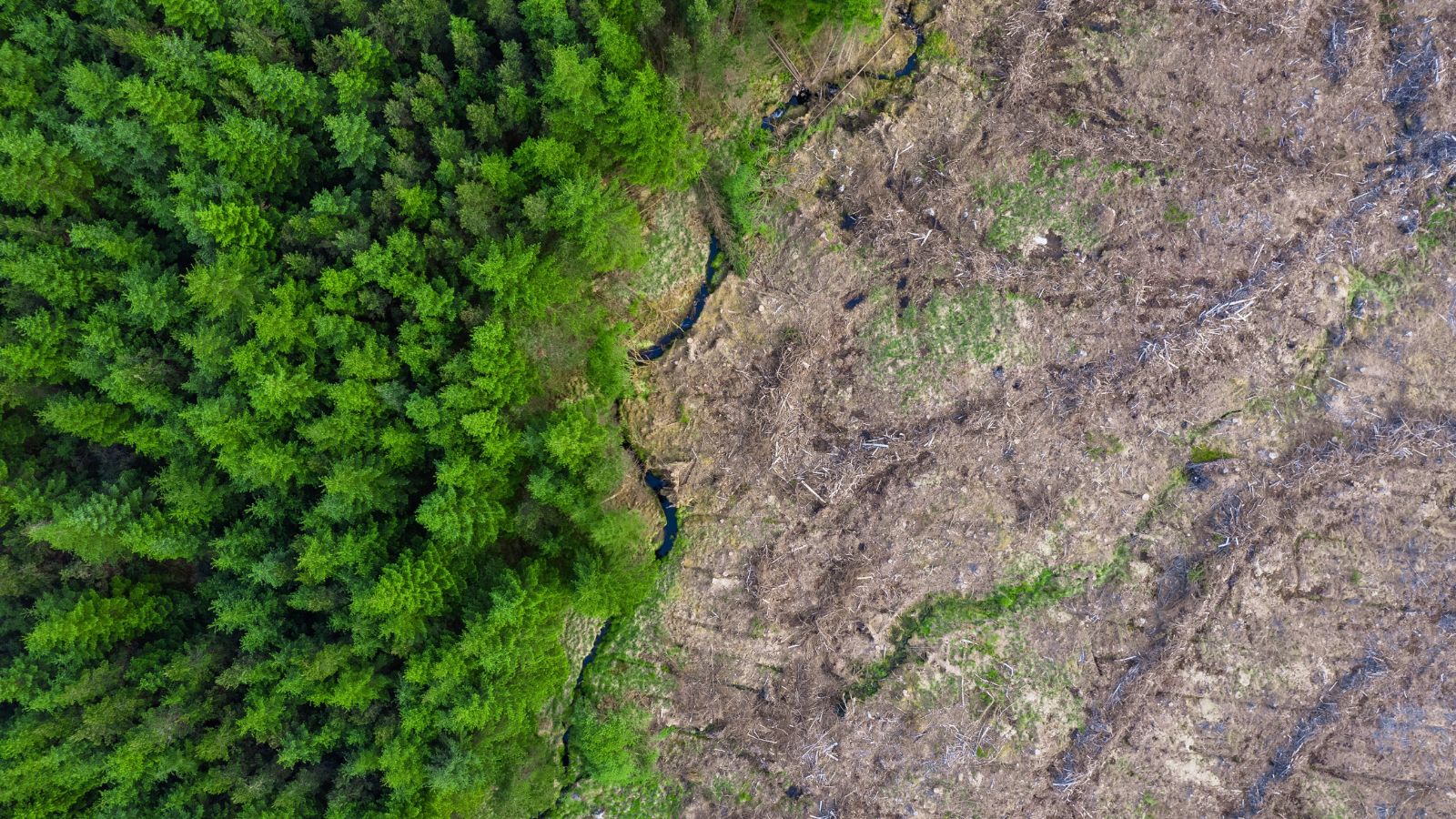
Natural resources play a huge role in Canada’s economy, but unlike many nations, there has been a conscious effort to approach extraction with responsibility. Industries like mining, forestry, and oil have increasingly integrated sustainability and Indigenous consultation into their practices. Though debates continue about pipelines and carbon emissions, the broader trend shows a shift toward accountability. International observers see in Canada a case study of how a resource-dependent nation can simultaneously work toward cleaner practices. This balancing act, between economic needs and environmental responsibilities, provides insights for countries facing the same tension between growth and sustainability.
Education System Excellence
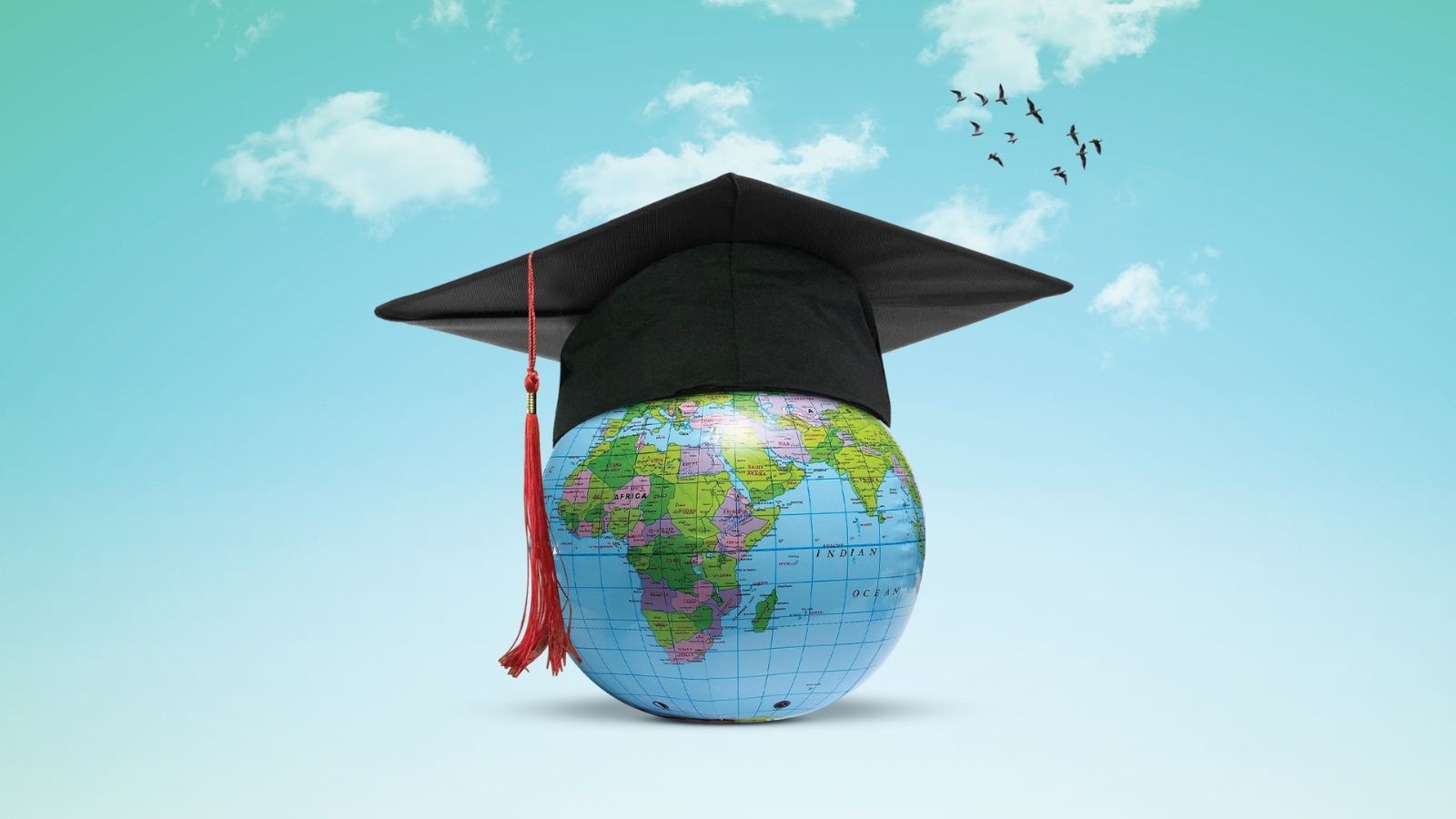
Canada’s education system ranks among the best in the world, consistently outperforming many wealthy nations in literacy, mathematics, and science. Accessible public schooling, higher university participation, and research-heavy institutions contribute to this record. The emphasis on inclusivity and innovation creates graduates who are well-prepared for a changing global economy. International students, too, flock to Canadian universities, drawn by both academic quality and opportunities for immigration. This education model not only strengthens the domestic workforce but also produces knowledge-sharing partnerships worldwide. Nations aiming to reform their education sectors frequently examine the Canadian balance of accessibility, excellence, and cultural inclusivity.
Contributions to Peacekeeping and Diplomacy
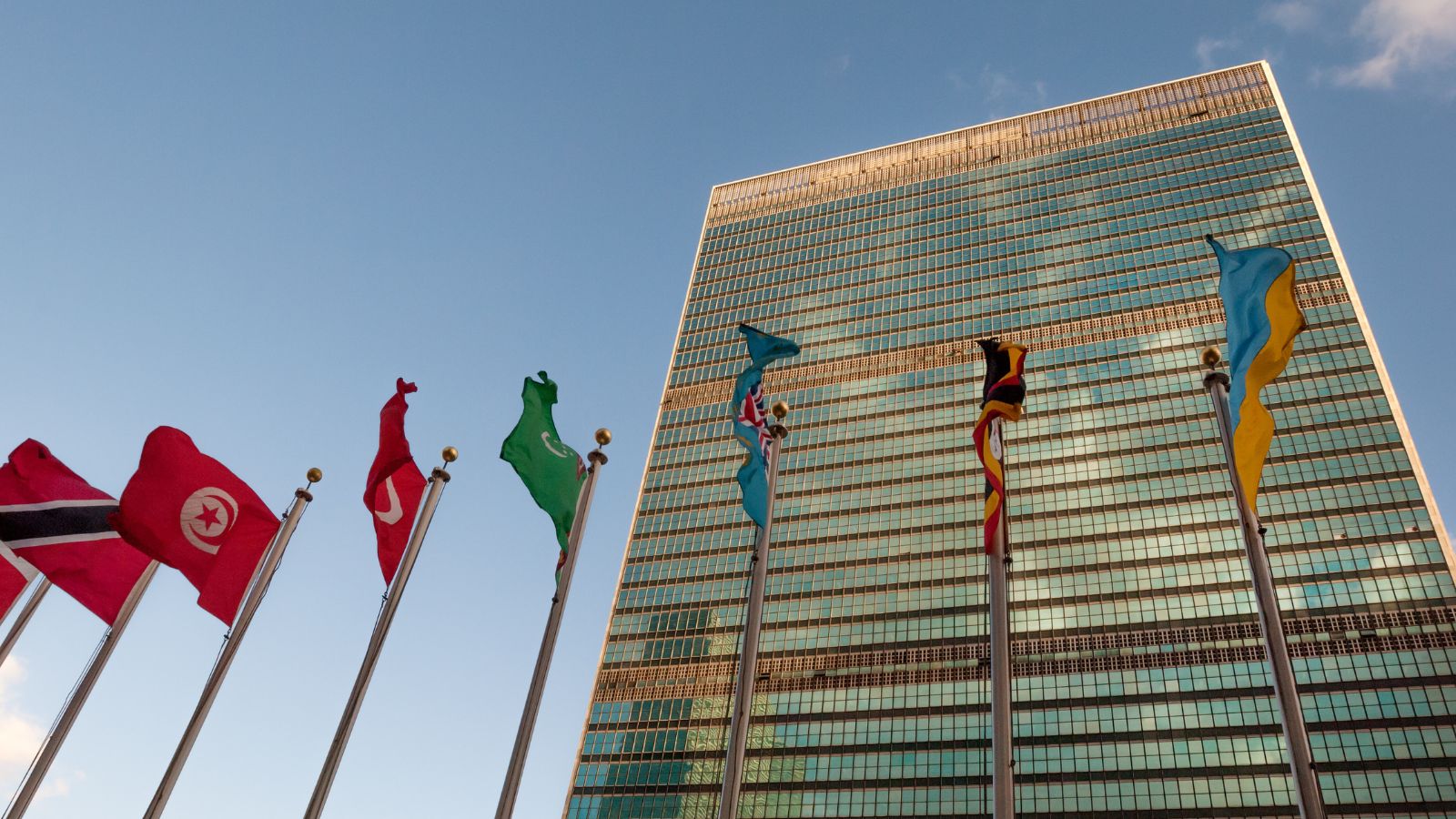
Canada has built a legacy of active participation in peacekeeping missions and multilateral diplomacy. From Cyprus to Rwanda, Canadian forces have been involved in some of the most challenging global conflicts. Its reputation as a middle power allows it to mediate without the baggage of larger, more politically divisive nations. In today’s polarized international climate, Canada’s ability to act as a trusted intermediary is invaluable. The approach may not always guarantee global influence, but it ensures respect and reliability. With conflict zones increasing, the international community often looks to Ottawa for stabilizing voices and practical support.
Leadership in Human Rights

Commitment to human rights has long been a cornerstone of Canadian policy, both domestically and abroad. Initiatives supporting gender equality, LGBTQ+ rights, and Indigenous reconciliation stand out as examples that many countries examine closely. The Canadian Charter of Rights and Freedoms provides a framework that influences both domestic law and international advocacy. Global organizations often partner with Canadian institutions to develop policies around minority protections.
A Refuge for Immigration and Asylum Seekers
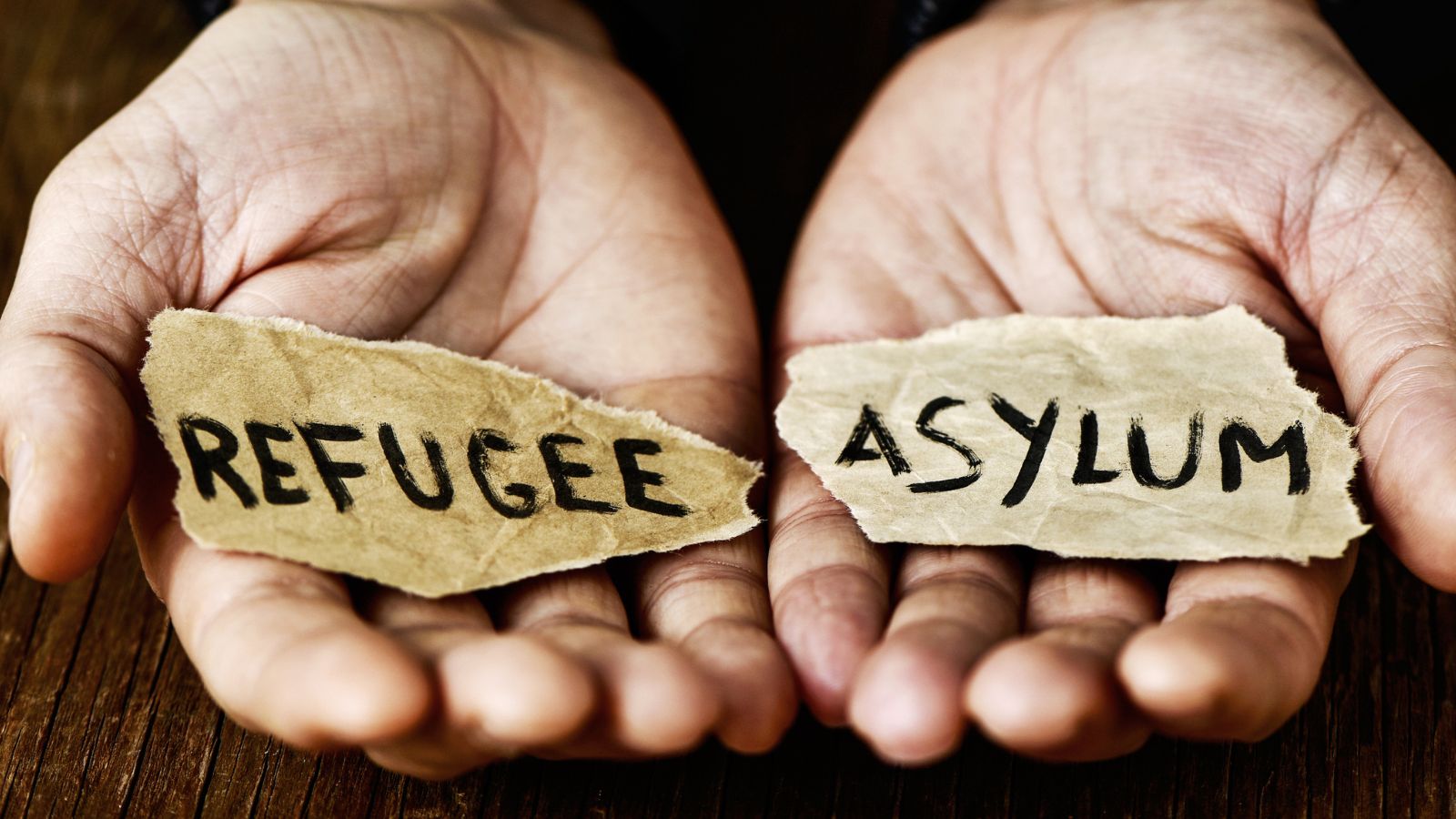
Amid global refugee crises, Canada has built a reputation as one of the most welcoming nations. Government-sponsored refugee programs, combined with community sponsorship models, have allowed thousands to resettle successfully. Syrian and Afghan refugee initiatives stand out as examples of organized, compassionate responses to humanitarian crises. This openness is not only an act of compassion but also an economic strategy, filling labor gaps and revitalizing communities. Internationally, the approach has inspired policy innovation, especially around private sponsorship. As many countries close their borders, Canada’s model of structured openness provides an alternative worth examining closely.
Cultural Exports in Music and Film

From Drake and The Weeknd to Margaret Atwood and Denis Villeneuve, Canadian artists have gained global recognition. This cultural influence extends beyond mere entertainment—it shapes perceptions of inclusivity, creativity, and identity. Film industries in Toronto and Vancouver serve as major production hubs for Hollywood, while Canadian musicians regularly dominate global charts. By investing in arts councils and creative industries, the country has turned culture into a soft-power asset. Nations trying to amplify their cultural reach can learn from the Canadian approach: consistent investment, diverse representation, and encouragement of creativity as a national export.
Political Moderation in Global Context

While polarization is increasing in many democracies, Canadian politics tends to remain within a relatively moderate spectrum. Extreme right- or left-wing movements exist, but they rarely dominate national policy. The parliamentary system encourages coalition-building and compromise, resulting in policies that reflect balance more than ideology. International observers often note this moderation as a strength, particularly compared to nations where partisanship paralyzes governance. This environment fosters stability, predictability, and incremental progress.
Strong Banking and Financial Regulation
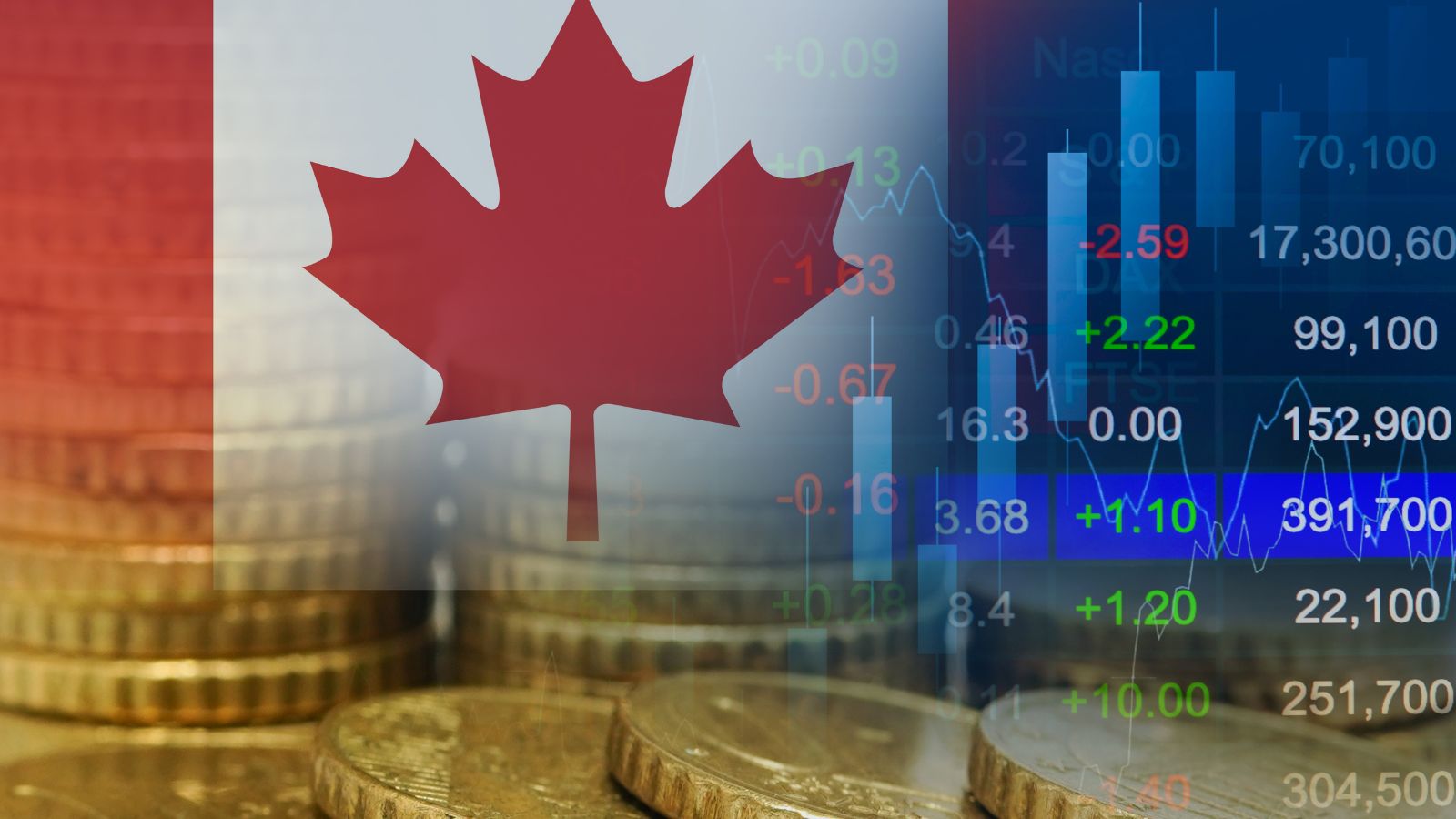
During the 2008 financial crisis, Canada’s banks stood out for their resilience. Conservative lending practices and strict oversight prevented the collapses that plagued the United States and Europe. This cautious but effective system continues to attract global attention. International financial institutions highlight Canadian regulations as models for stability. For global investors, this stability is reassuring, especially in volatile times. While fintech innovation is growing, the core of the system emphasizes long-term sustainability over risky speculation. The world looks to this financial model as evidence that growth does not have to come at the expense of safety.
Leadership in Arctic Sovereignty and Research
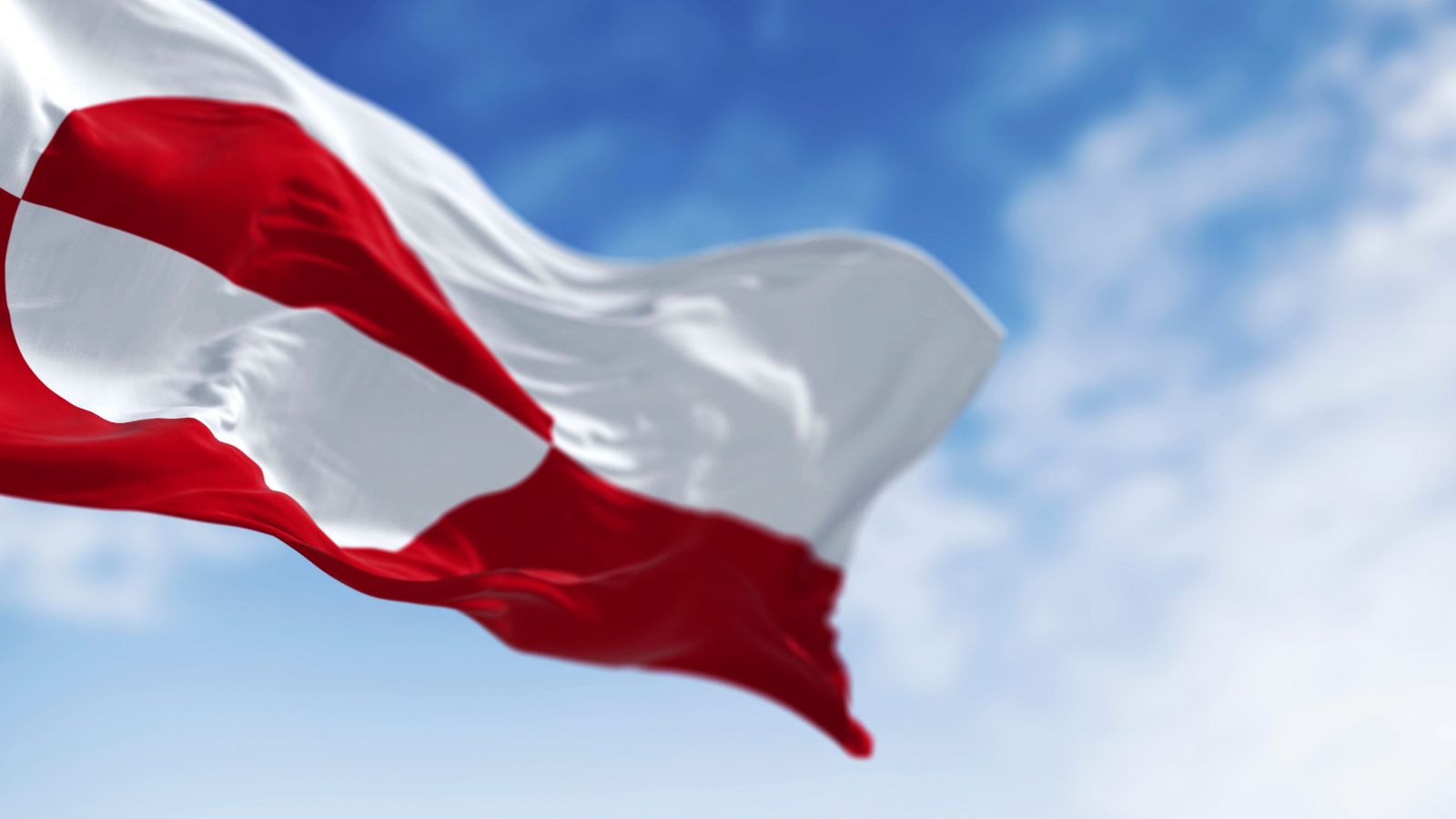
As the Arctic becomes increasingly essential due to melting ice and new shipping routes, Canada plays a central role in shaping international governance of the region. Its Arctic policy combines environmental protection, Indigenous involvement, and national security. Canadian scientists contribute heavily to climate research, monitoring changes in ice caps and ecosystems. International partnerships have made its northern regions hubs of knowledge and policy innovation. With global warming accelerating, the country’s role in Arctic stewardship provides essential lessons in balancing national interests with global responsibilities. Few nations are as strategically positioned to lead in this evolving frontier.
Advancements in Public Safety and Gun Regulation

In a world where debates over gun violence dominate headlines, Canada provides an example of relatively balanced firearm regulation. Licensing requirements, background checks, and restrictions on certain weapons contribute to comparatively lower rates of gun-related deaths. The policies have sparked international interest, particularly as the United States grapples with recurring violence. Though not free of gun crime, the Canadian framework shows how regulation can reduce risks while still respecting legal ownership. F
Forward-Thinking Urban Planning
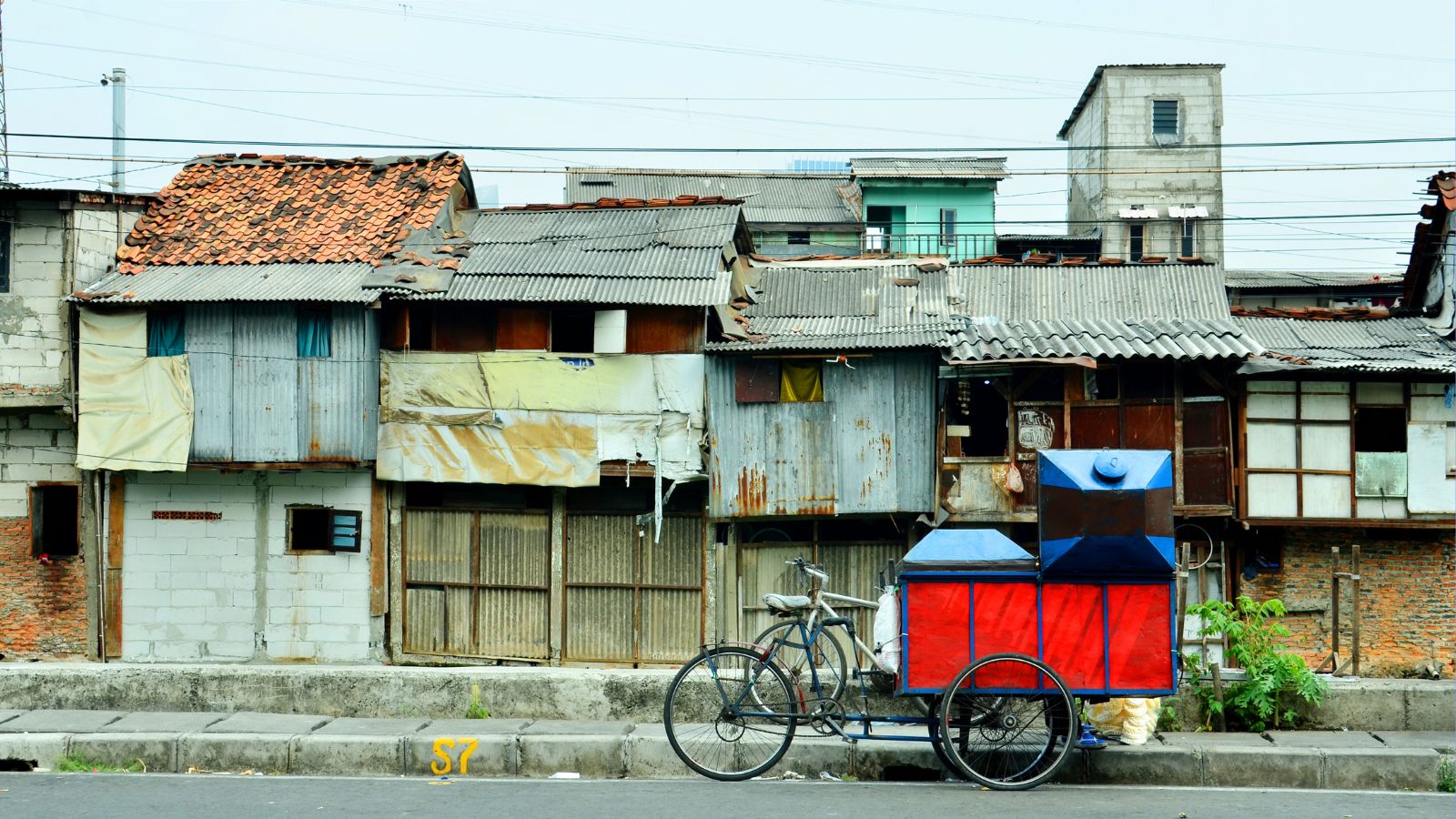
Canadian cities are increasingly recognized for innovation in urban planning, from sustainable transport networks to affordable housing strategies. Vancouver’s emphasis on green space, Toronto’s transit development, and Montreal’s cycling infrastructure all contribute to urban models worth studying. Municipal governments collaborate with communities to prioritize livability and sustainability. International delegations often visit these cities to study how to integrate growth with inclusivity. While challenges like housing affordability remain significant, the experiments and successes in Canadian cities provide valuable case studies for rapidly urbanizing regions worldwide.
A Champion of Indigenous Rights Conversations

Globally, Indigenous communities have often been marginalized, but Canada has begun a process of reconciliation that resonates internationally. Truth and Reconciliation initiatives, land acknowledgments, and policy reforms are part of an effort to address historic injustices. The process is far from complete and faces criticism, but the visibility of Indigenous issues in national discourse sets a precedent for other nations. Indigenous governance models, cultural revitalization projects, and economic partnerships have created frameworks for respecting original inhabitants. Plus, as global conversations about decolonization grow louder, Canada’s ongoing experience provides both inspiration and cautionary lessons.
Vibrant Food and Agricultural Innovation

Beyond poutine and maple syrup, Canadian cuisine reflects its multicultural makeup and agricultural innovation. Farmers adapt to climate challenges with sustainable practices, while food scientists push advancements in plant-based protein and vertical farming. Export markets for grains, pulses, and seafood make the nation a significant player in global food supply. Culinary diversity, shaped by immigrant communities, adds another layer of influence. This food culture is increasingly studied by global markets seeking to merge sustainability with flavor. From policy-driven farming reforms to entrepreneurial food tech startups, Canada’s contributions to global food security are significant and growing.
Tourism as a Sustainable Industry

The natural beauty of Canada, from the Rockies to the Maritimes, has long attracted travelers. But beyond scenery, the country emphasizes sustainable tourism. National parks are managed with conservation as a priority, and eco-tourism is promoted across provinces. Indigenous tourism initiatives highlight cultural education alongside travel. By aligning economic goals with environmental care, Canada offers a tourism model that balances growth with responsibility. International agencies studying sustainable tourism often cite Canadian strategies as examples of long-term thinking. For a world grappling with over-tourism, this balance between profit and preservation is instructive.
A Reputation for Global Cooperation

Canada’s foreign policy emphasizes alliances, trade partnerships, and participation in international institutions. Whether through NATO, the United Nations, or free trade agreements, its strategy revolves around cooperation rather than confrontation. This approach has built credibility as a partner willing to compromise and innovate. In a fractured global order, this reputation matters. Countries weary of power struggles often look to Canadian diplomacy as an example of constructive engagement. The focus may not bring superpower status, but it earns influence in ways that matter for building consensus on global challenges like health, trade, and security.
21 Products Canadians Should Stockpile Before Tariffs Hit

If trade tensions escalate between Canada and the U.S., everyday essentials can suddenly disappear or skyrocket in price. Products like pantry basics and tech must-haves that depend on are deeply tied to cross-border supply chains and are likely to face various kinds of disruptions
21 Products Canadians Should Stockpile Before Tariffs Hit
